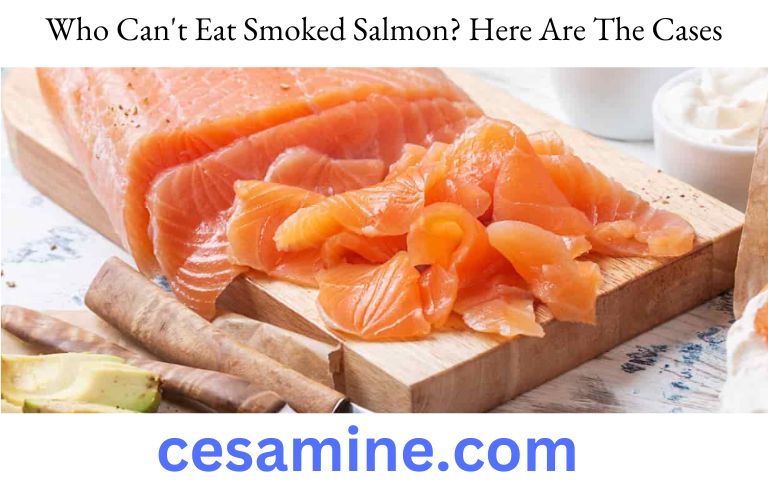One of the most popular meals on Italian menus is smoked salmon. Listeria monocogen, sometimes known as the salmon problem, is the true issue.
Because the bacteria may be found in raw, pickled, and smoked fish and can persist phlegmatically at refrigerator temperatures, transmission mostly happens via food. Several batches of fresh and smoked salmon have been contaminated in recent years.

The most recent warning was issued on October 12 of last year when it was discovered in a batch that originated in Denmark.
A dangerous parasitic illness of the gastrointestinal system known as anisakidosis or anisakias is caused by the parasite Anisakis, which is discussed under the second aspect of hazard, despite its little significance.
The Anisakis larvae Simple larvae are usually often found in raw fish items, regional preparations that include vinegar or lemon, sushi or sashimi, or fish that has been overcooked, such as smoked fish.
Anisakis is found in 123 species of fish that are often eaten as an intermediate host, including salmon, tuna, sardines, anchovies, cod, hake, mackerel, mullet, and St. Peter’s fish.
Salmon should not be eaten with cheese, dairy products, or eggs since these foods are similarly high in fat. The smoked one is not advised for those with conditions like hypertension since it is high in salt.
On the other side, it is best to consume less farmed salmon since it is often treated with feed that contains antibiotics, hormones, and disinfectants that are bad for human health.
It is suggested that pregnant women take it cooked rather than raw. Finally, it should only be consumed once every other week. Salmon has numerous advantages when consumed in moderation, but there are many other fish species, including tuna, sardines, and mackerel, that may resemble salmon.
If the fish is served fresh at the restaurant, it is important to ensure that it complies with the legal requirements that assume the fish was previously frozen at -20 C. Salmon should be frozen for at least 96 hours at -18 C when consumed raw at home.